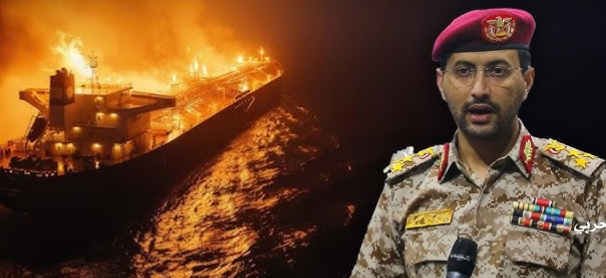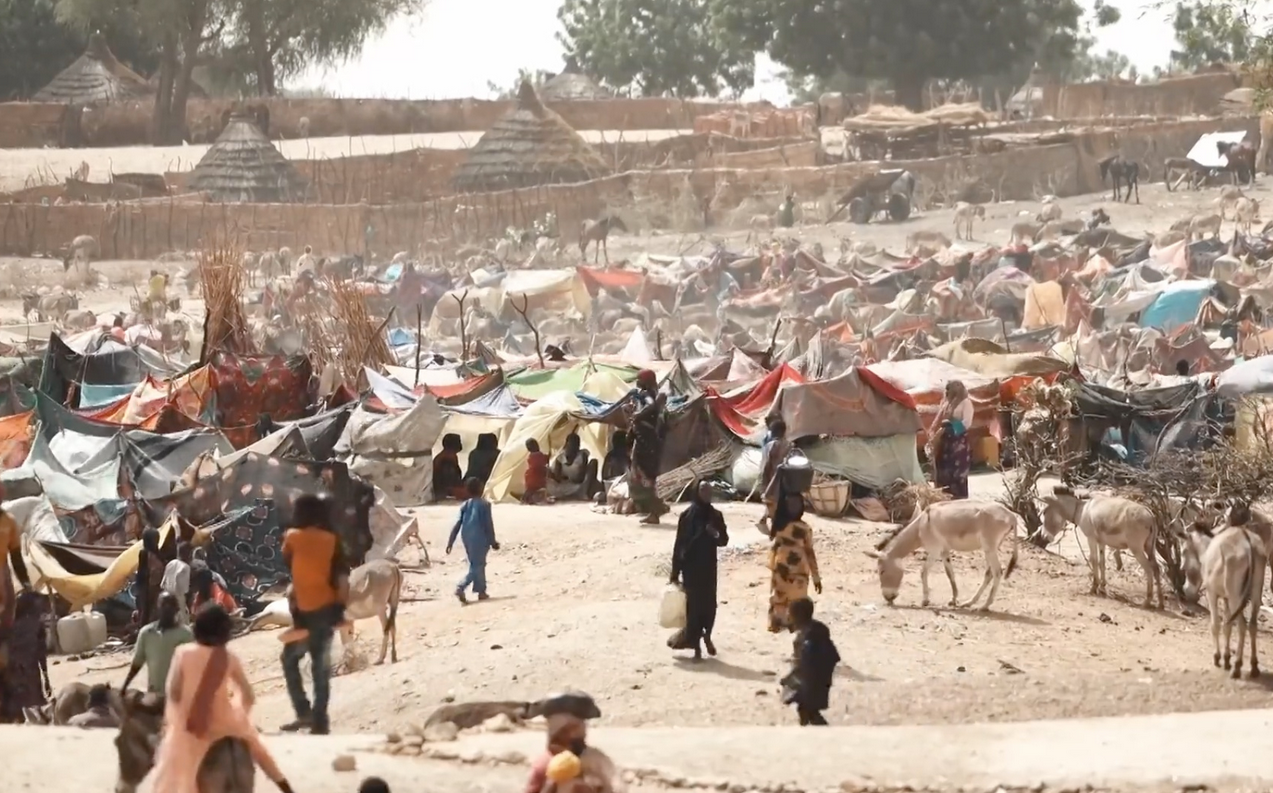Photos: YouTube Screenshots\Wikimedia Commons
Sana’a, YEMEN—On October 17, an American B-2 bomber carried out 15 strikes on what defense officials described as weapons caches maintained by the Houthis, or Ansarallah, the well-armed, Iran-aligned political movement presently in control of much of northwest Yemen. The bombings followed a campaign of strikes by the Houthis against shipping vessels and targets inside Israel, in retaliation for its war in Gaza.
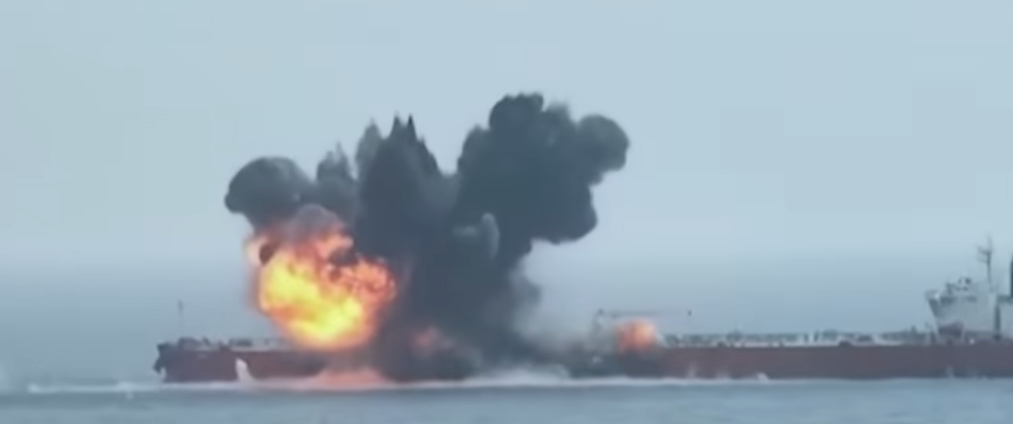
The U.S. airstrikes reportedly targeted hardened underground facilities housing weapon depots in Yemen’s capital city of Sana’a and Sa’da province. “These actions were taken to degrade the Houthis capability to continue their reckless and unlawful attacks on international commercial shipping and on U.S., coalition, and merchant personnel and vessels in the Red Sea, Bab Al-Mandeb Strait, and the Gulf of Aden, and to degrade their ability to threaten regional partners,” CENTCOM said in a statement.
Whether the strikes will have the intended effect is unclear. With the Israel-Gaza war entering its second year, Ansarallah appears bent on continuing its attacks in solidarity with Palestine. “The attack will not deter Yemen from continuing its support and assistance to Gaza and Lebanon in the face of American-backed Israeli arrogance,” the Houthi politburo said in a statement following the bomber attacks.
The group has also shown a remarkable ability to endure. Since taking power following a popular revolt against the country’s Saudi-allied government in 2014, Ansarallah has withstood military assaults backed by Emirati and Saudi Arabia airpower, firmly entrenching itself in the country. Many of the sites hit by the U.S., including al-Hafa and the TV district, have been frequent targets of the Saudi-led coalition. Through years of fighting, Ansarallah has adapted its force posture specifically to evade and withstand the impact of airstrikes, dispersing its munitions stores and maintaining limited heavy infrastructure on the ground that would be vulnerable to targeting.
Ansarallah has also invested in building subterranean facilities to protect its military hardware and leadership from attack, including numerous underground missile storage facilities and bases, some of which have been visible in satellite photography. Despite repeated U.S. and Israeli airstrikes, including attacks against the critical port of Hodeidah earlier this year, the group has remained defiant.
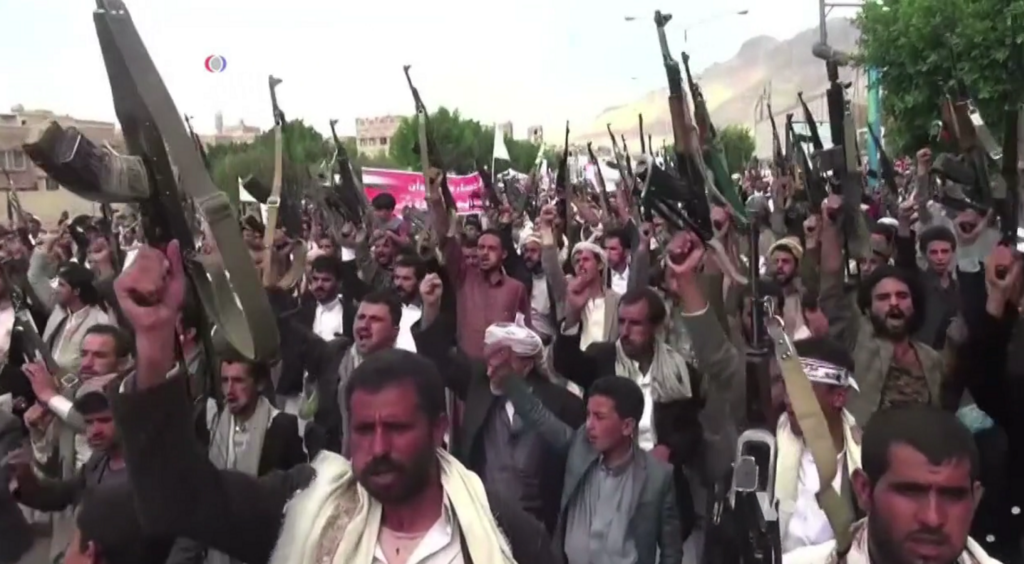
“Our nation has declared its position”
At the time the war in Gaza erupted, Yemen was on the verge of signing a UN-brokered truce with Saudi Arabia that would have ended a 10-year conflict. Combined with an air and sea blockade, the Saudi- and Emirati-led war brought large parts of Yemen to the brink of starvation and resulted in widespread shortages of medicine and other vital goods, along with the spread of disease. By the end of 2021, an estimated 377,000 Yemenis had died as a result of the coalition’s military and economic attacks.
On October 10, 2023, three days after Hamas attacked Israel, Abdulmalik al-Houthi, the supreme leader of Ansarallah, vowed to use all means possible, including military action, to support Palestine. By late October, the Houthis had begun launching missiles and drone attacks against Israel, demanding an end to its bombing of Gaza. The next month, they began attacking ships they claimed were linked to or bound for Israel. “Our nation has declared its position, fully prepared for its consequences,” al-Houthi said.
The Houthi missiles strikes and drone attacks targeted the port of Eilat in southern Israel. The group also declared an embargo on ships allegedly linked to Israel transiting through Yemen’s Red Sea, which they have enforced by firing on ships. So far, these attacks have killed at least four merchant sailors. Since November 2023, the Houthis have launched over 100 attacks, resulting in the sinking of two ships and the hijacking of another. By December 2023, traffic to the port of Eilat had dropped by 85 percent, and the volume of container shipping through the Red Sea plummeted by about 90 percent by mid February.
The Houthi campaign may have bolstered the group’s position, both within Yemen and across the region, according to a recent analysis from the International Crisis Group. “The attacks on shipping have helped stave off popular anger at the Houthis’ misrule in areas they control, as they can tap into the reservoir of sympathy for the Palestinians among Yemenis,” the International Crisis Group wrote. With the Houthis’ successful strikes on Israel and the U.S. Navy, they have also showcased their military prowess, boosting their relative standing within the Iran-led “Axis of Resistance,” the International Crisis Group added.
Early this year, U.S. forces began striking Houthi targets in Yemen. So far, it’s had little effect on the group’s capabilities. Houthi attacks have surged over time and grown more sophisticated, with some strikes launched from Yemen reaching as far as Tel Aviv. In response to the Houthi missile attacks, Israel has bombed the port city of Hodeidah twice, with the most recent attack on September 30 hitting civilian fuel storage and electricity plants. On October 7, the anniversary of the Hamas-led attack on Israel, the Houthis launched two missile and drone attacks on the Israeli capital.
Israel has made clear that it views all members of the Axis of Resistance as legitimate targets, characterizing Hezbollah, Hamas, and the Houthis as tentacles of an Iranian octopus. Unlike Israel’s bombings of Gaza and Lebanon where the U.S. role involves providing weapons, intelligence, and political support, in Yemen, the Houthis have conducted overt unilateral strikes. Statements from the U.S. military and political officials make clear that, so long as the Houthis maintain their attacks on Israeli targets and international shipping lanes, Washington will keep the Houthis in its scope.
Yet the task of taking them on may be a challenging one. Over the past year, Houthi forces have proven they can inflict both military and economic damage to their far more powerful, well-armed adversaries.
Despite operating in a state of siege and internal strife and conflict, the group has amassed a vast arsenal of weapons and built a naval force capable of disrupting global trade. While it is unknown how effective U.S. and Israeli attacks against Houthi stockpiles have been, the group’s leaders maintain they have the firepower to sustain military operations against Israel. Even after seven years of sustained bombing by the Saudis, conducted with high-tech U.S. and British weaponry, the Houthis still have the ability to conduct surprise attacks on faraway targets inside Israel.
On the defensive front, Yemen’s mountainous terrain also offers a natural fortification against aerial attacks, including from so-called “bunker buster” bombs frequently used by Israel in Gaza and by the U.S. during the war in Afghanistan. During their air war against Yemen, Saudi forces repeatedly failed to take out weapons depots housed inAl-Nahdayn, a naturally fortified mountain base in Sana’a.
In recent weeks, the U.S. has defended and praised Israel’s campaign of assassinations targeting the leaders of Hezbollah and Hamas, effectively endorsing Israel’s practice of killing large numbers of civilians in an effort to eliminate senior Axis of Resistance officials—a list that could plausibly include Abdulmalik, the Houthi leader the Saudi-led coalition reportedly also tried and failed to kill. Israel, too, will find it difficult to pinpoint his location: Ansarallah remains relatively unpenetrated by foreign intelligence services.
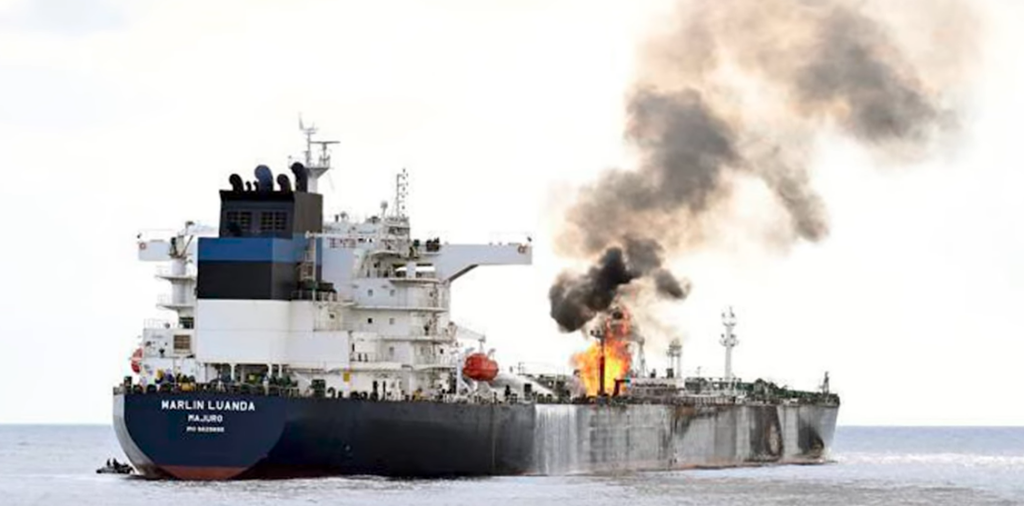
What Ansarallah does next
In the event of a ceasefire in Gaza, questions remain as to what the Axis of Resistance will do. Hassan Nasrallah, Hezbollah’s late leader, maintained that his group would respect the wishes of the Palestinian resistance to decide when the fight ends. Other fronts in Syria and Iraq may also see a reduction of attacks against Israel. Yet Israel seems intent on killing not just leaders of the Axis of Resistance, but redrawing the political map of the entire region.
Ansarallah has always maintained that its attacks against Israel or ships linked to the country would end once the country ends its war in Gaza. While some officials in Washington believe the Houthis will fall in line with Iran’s wishes, they have, at key moments, demonstrated a measure of independence from Tehran. In a well-known example from 2014, Ansarallah defied its requests to refrain from capturing the Yemeni capital city of Sana’a in a military offensive while Iranian leaders were in the midst of negotiating a nuclear deal with the West, according to U.S. intelligence sources.
Yemen is the poorest country in the Arab world and remains locked in a domestic power struggle. Despite this, Ansarallah has shown a remarkable ability to inflict damage both economically and militarily on far more powerful adversaries.
In declaring war on Israel in solidarity with the Palestinian resistance, Ansarallah also put itself on the map globally. In some quarters of the world, it is celebrated for its willingness to confront Israel as other Arab nations stood on the sidelines. Ansarallah’s position has also elevated its status: It is now a major target of both the U.S. and Israel.
Speaking last week to an audience of Arab officials at the Gulf International Forum in Washington, D.C., U.S. Special Envoy for Yemen Tim Lenderking suggested the Houthis are using the Gaza conflict to their own ends. “I think we see this group using it for their own agenda, and that they don’t have the interests of the Yemeni people in mind,” he said, suggesting that Houthi leaders are requiring Yemenis to attend demonstrations in support of their operations to support Palestinians. Instead, Ansarallah should be “doing things to help the Yemeni people,” Lenderking said. “We have to be able to separate our passion, our pain, our fury, for what’s happening in other parts of the world. That doesn’t mean we need to endorse what the Houthis are doing,” he added.
If anything, the group appears intent on keeping the pressure on Israel, launching a missile at Ben Gurion Airport in Tel Aviv on September 28. (Israel claimed it intercepted the missile.) “If the Iran-Israel conflict spirals, the Houthis are likely to carry out more attacks, including in coordination with other ‘axis’ groups, such as Iraqi militias,” the International Crisis Group wrote.
The Houthis seem to have prepared for a long fight, determined to capitalize on the momentum they have gained.
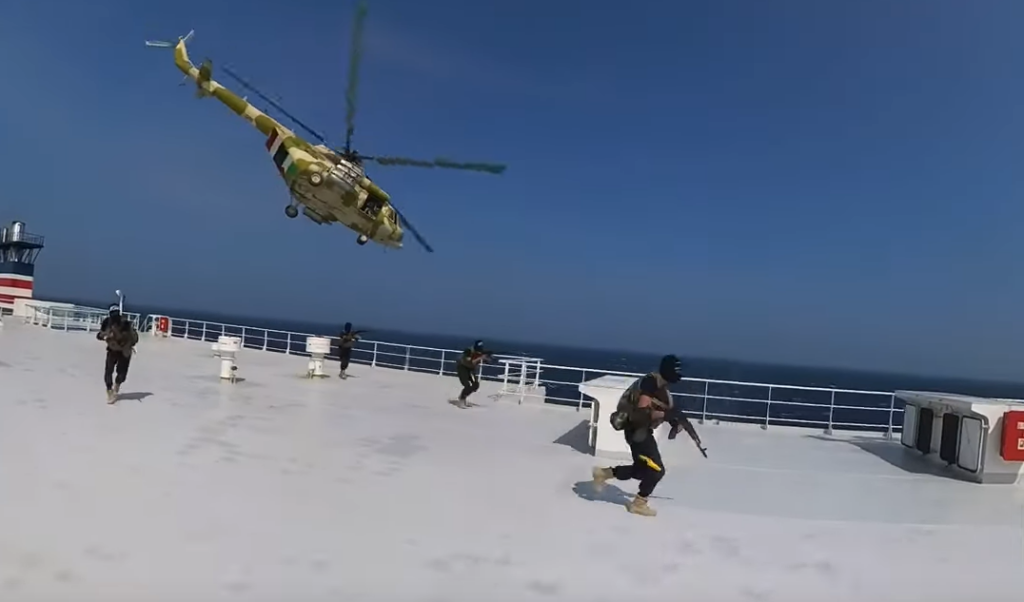
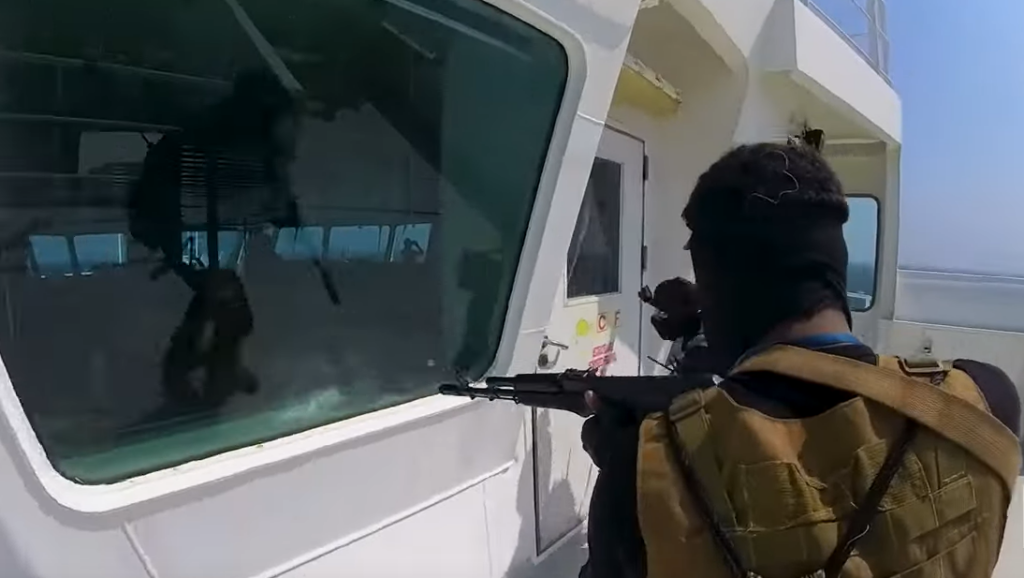
Shuaib Almosawa is a freelance journalist based in Yemen’s capital Sana’a
